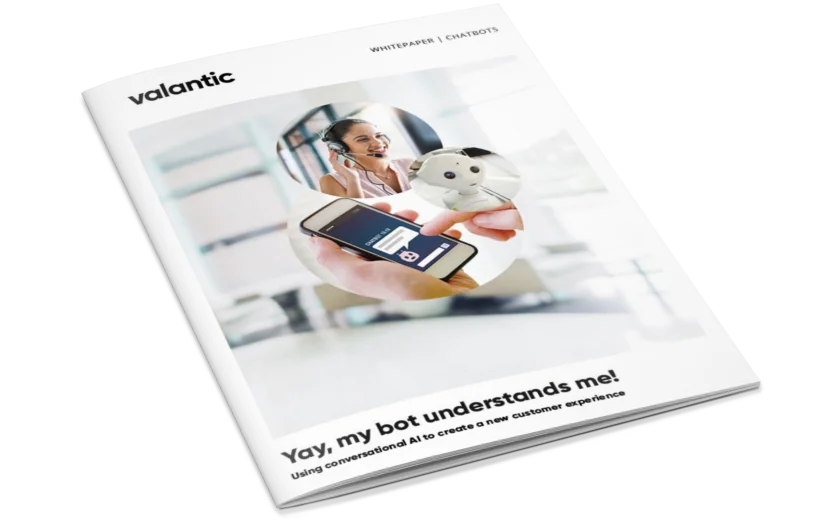Turning Challenges into Opportunities
Strategic Consulting and Digitalization Solutions for the Insurance Industry
Today, modern digitalization technologies provide insurance companies with more precise insights, more reliable risk calculations and greater transparency when making decisions. These optimizations enable companies to position themselves more efficiently and improve customer care. With our expertise, we accompany you on your path to digital transformation.








